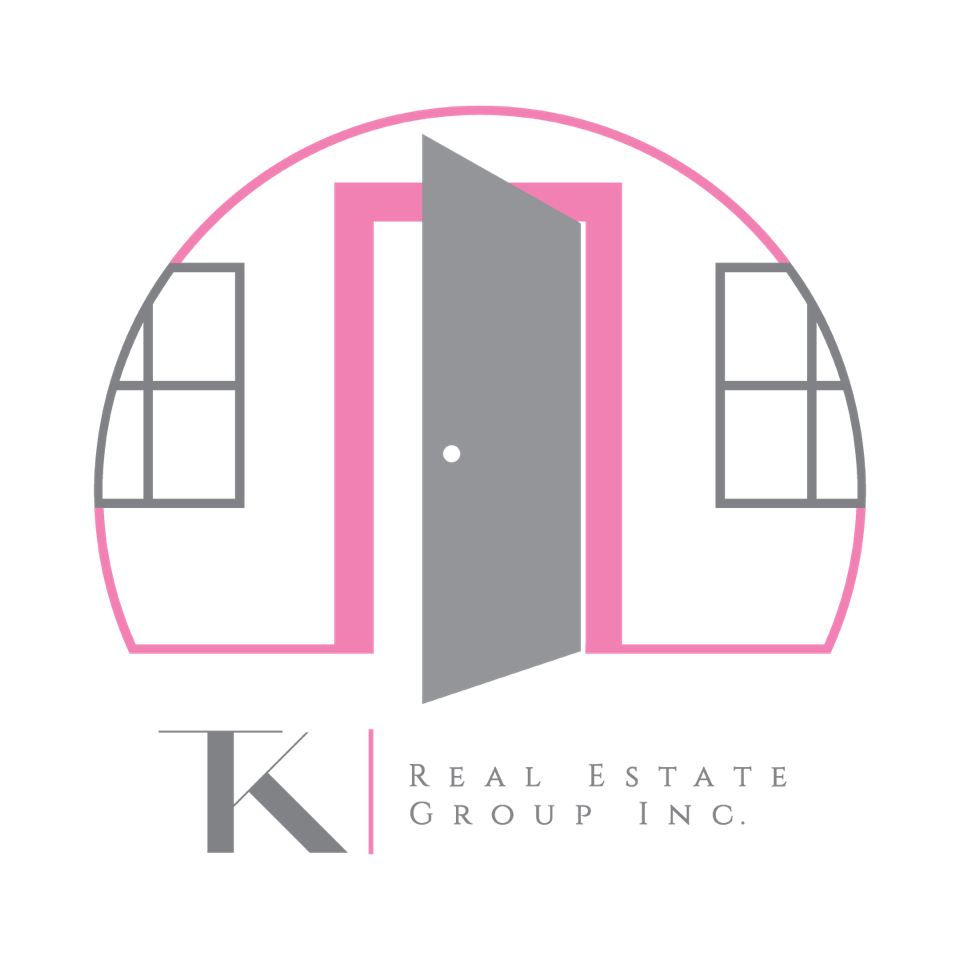Like we always say on our blog, purchasing a home is one of the most valuable investments most people make in their lifetime. Of course, homeowners go into these transactions with hopes to increase the value of their home, and part of this process includes knowing what influences both the appreciation and the depreciation of this asset. We will focus on the factors hurting your home’s worth, so you can avoid these issues when possible to preserve the value of your investment.
The most important pitfall you want to avoid is deferring maintenance on the property. A broken HVAC system, leaky plumbing, decaying foundation or any damage to the structural integrity of the property will need to be addressed immediately. Home improvements also need to be built to code, or it will negatively affect your home’s value during an appraisal. See U.S. Department of Housing and Urban Development (HUD) comprehensive maintenance checklist here, containing more guidelines on household upkeep to avoid falling property values.
Equally as important, you will want to perform routine maintenance to the exterior of your home, such as repainting and landscaping your yard regularly. According to Homelight, The Appraisal Institute recommends keeping landscape improvements on par with your neighborhood standard to protect your home’s value. At a minimum, this includes regularly trimming plants, fertilizing and mowing your lawn, and replanting every five to 10 years depending on growth. Although an enticing feature, you will also want to avoid installing a pool or koi pond as these additions may turn off potential buyers when you are ready to sell due to increased maintenance required with these items.
Proximity to less than desirable amenities, such as a gun range, train tracks and power lines can certainly hurt your home’s value, so keep this in mind when buying and selling your property. Foreclosures in the neighborhood, as well as nosy neighbors, hoarders and sex offenders are also factors which are linked to an erosive property value.
When it’s time to resell, you will want to make sure at a minimum, the home is decluttered and wallpaper and other personalizations have been removed. It is difficult for prospective buyers to envision themselves in a home that has been highly customized. In addition to the exterior of the home, areas not to avoid in the home are primarily the kitchen and bathroom.
According to HowStuffWorks.com, a kitchen remodel can be challenging, but if you take it step-by-step, it’s a project you usually can accomplish on your own. On the flip side, if you’re not handy with tools, it is wise to call in a professional to get the job done. Getting quality improvements in the kitchen can really add some value to your home; paying for poorly done repairs and renovations will only burn a hole in your wallet.
After the buyers finish their examination of the kitchen, they are likely to visit the bathroom. Bathroom renovations and additions can help increase your home’s value, but going overboard with items like gaudy faucets, garish wallpaper and ill-chosen paint can be an easy trap to fall into. Sticking to mainstream and tasteful features will serve you better.






